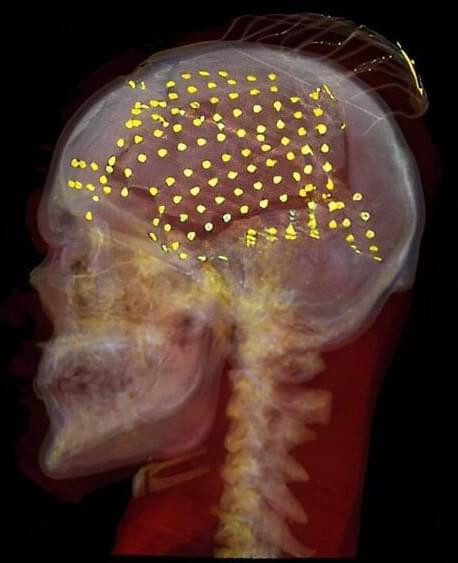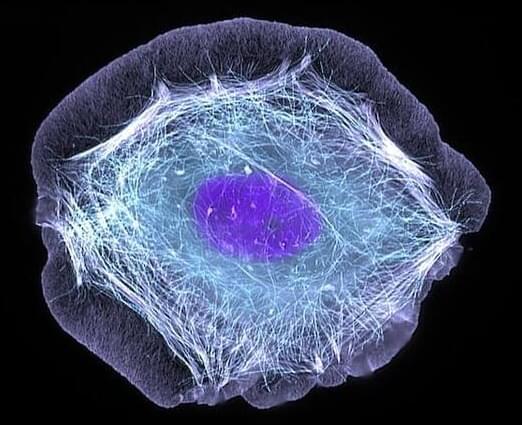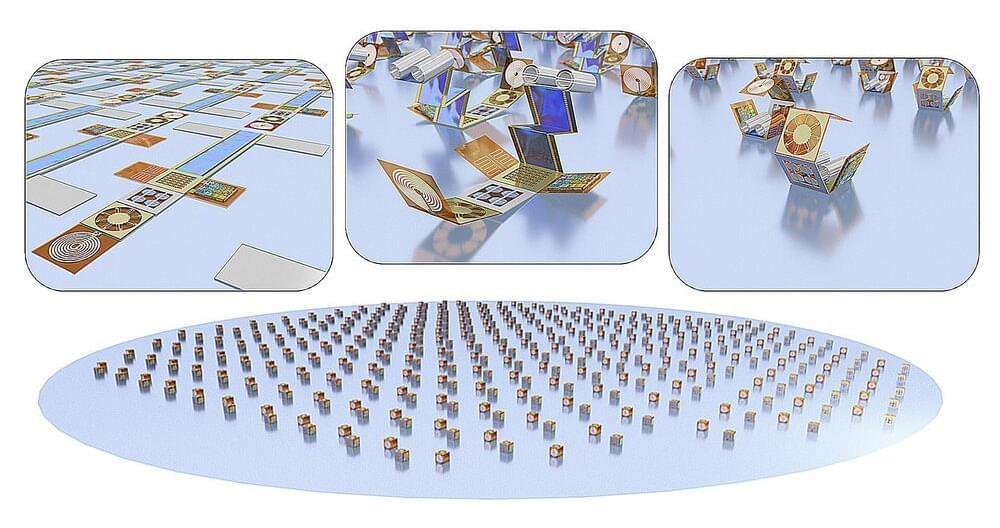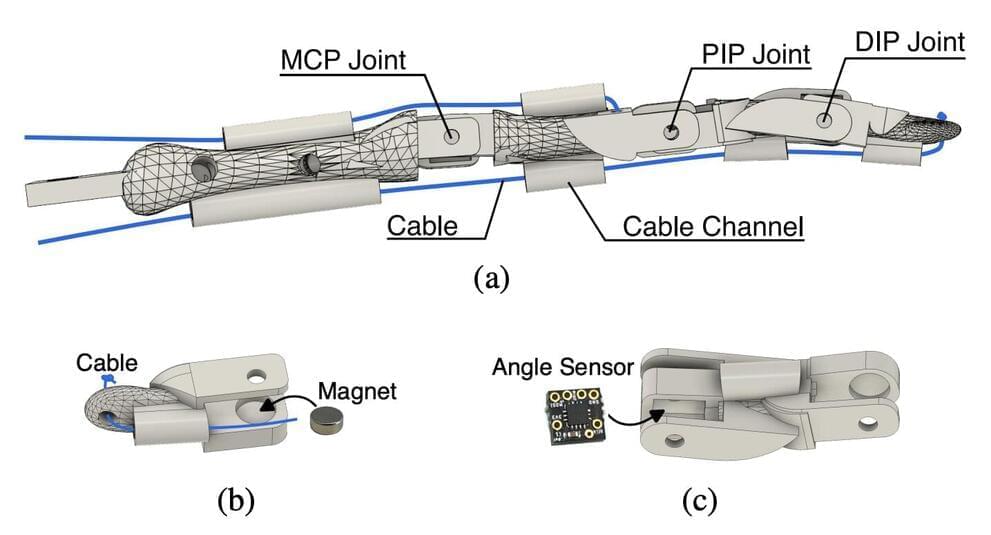The first people to make and use quantum dots were glassmakers. Working thousands of years ago, they realized that the same chemical mixture could turn glass into different colors, depending on how they heated it.
This year’s Nobel Prize in Chemistry honors three scientists who, along with their colleagues, students, and staff, figured out why the ancient glassmakers’ methods worked — and how to control them much more precisely. During the waning days of the Cold War, Alexei Ekimov and Louis Brus, working in separate labs on opposite sides of the Iron Curtain, both discovered the same thing: that tiny crystals (just millionths of a millimeter wide) act very differently than larger pieces of the exact same material. These tiny, weird crystals are called quantum dots, and just a few years after the Berlin Wall fell, Moungi Bawendi figured out how to mass-produce them.
That changed everything. Quantum dots are crystals so small that they follow different rules of physics than the materials we’re used to. Today, these tiny materials help surgeons map different types of cells in the body, paint vivid color images on QLED screens, and give LED lights a warmer glow.









